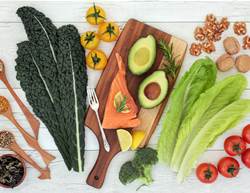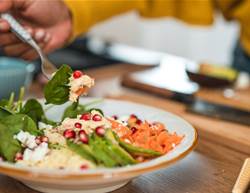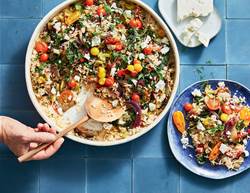Food has a powerful effect on your brain. And research shows that eating a variation of the Mediterranean diet - focusing on whole grains, fruits and vegetables, fish, and nuts - is associated with a reduced risk of cognitive decline.
In the late 1950s, physiologist Ancel Keys was conducting research in southern Italy and Greece when he made a surprising discovery: The people who lived in countries that bordered the Mediterranean Sea seemed healthier than any of the other populations he’d studied around the globe. In fact, they enjoyed some of the longest lives in the world. The people in this region had diets focused on fresh fruits and vegetables, whole grains, and beans. They used olive oil (and plenty of it) as their primary fat. They flavoured their food with herbs and spices instead of salt. And they ate very little meat and few refined carbohydrates or processed foods.
An ever-growing body of evidence shows that the Mediterranean style of eating is one of the most effective ways to maintain a healthy weight, feel great, and live a long, vigorous life. What’s more, eating a variation of the Mediterranean diet - the aptly titled MIND diet - has been shown to improve brain health, according to a study published in Alzheimer’s & Dementia. This finding follows an earlier study by the same researchers, which found that the MIND diet may reduce the risk of getting Alzheimer’s disease, period. Based on years of research on foods known to benefit (and harm) thinking and memory, the MIND diet focuses on eating habits that promote dementia protection.
What makes the MIND diet a standout? For one thing, it’s low in unhealthy trans and saturated fats. For another, it’s loaded with specific nutrients and phytonutrients shown to slow cognitive decline, lower risk of Alzheimer’s disease, and reduce oxidative stress and inflammation. It’s worth noting that in the study, those with the highest MIND diet scores ate cheese and fried or fast food less than once a week, red meat less than four times a week, and desserts, pastries, or sweets less than five times a week. They also used less than a tablespoon of butter or margarine a day, and used olive oil as their main source of fat. Translation: It’s not enough to eat the brain-friendly foods. To help reduce Alzheimer’s disease risk, it’s necessary to limit less-healthy items as well. Adopting this approach to eating is a matter of shifting many of the foods you already enjoy - fruits, vegetables, whole grains, legumes, healthy fats, and seafood - to the centre of your plate. As you eat more of these foods, you’ll naturally have less room for unhealthy ones. Here's how to make simple changes to your diet to eat like you live in the Mediterranean
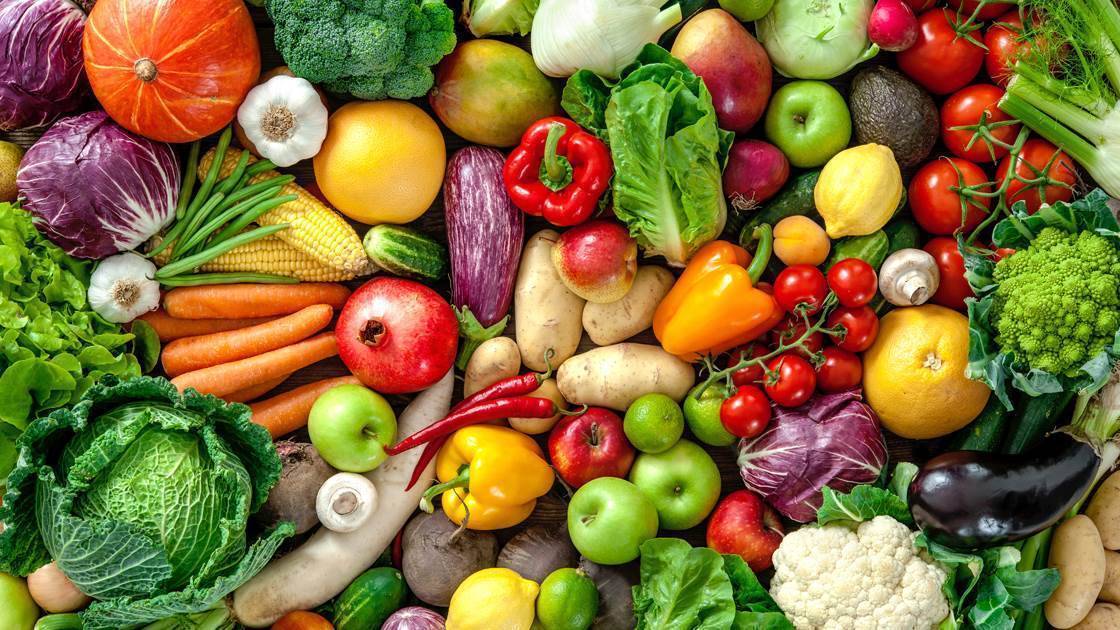
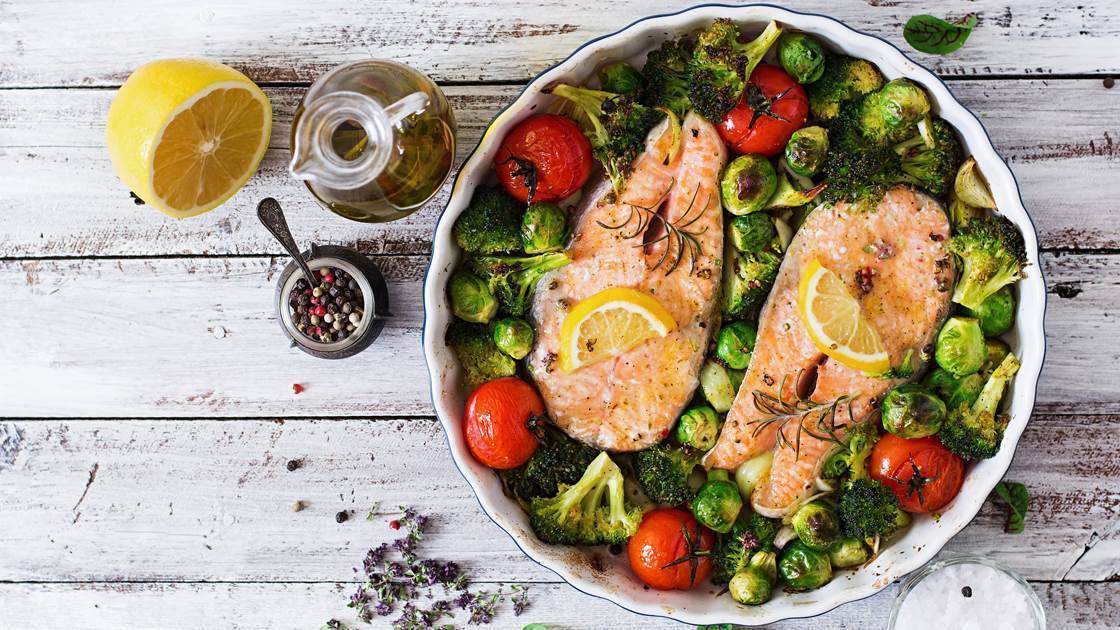
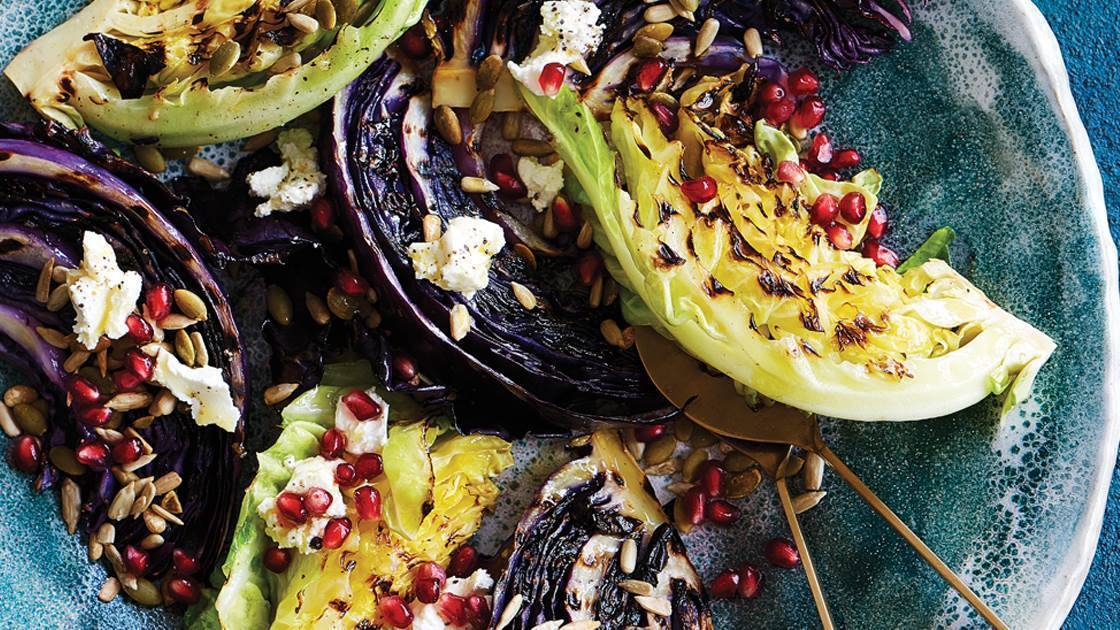
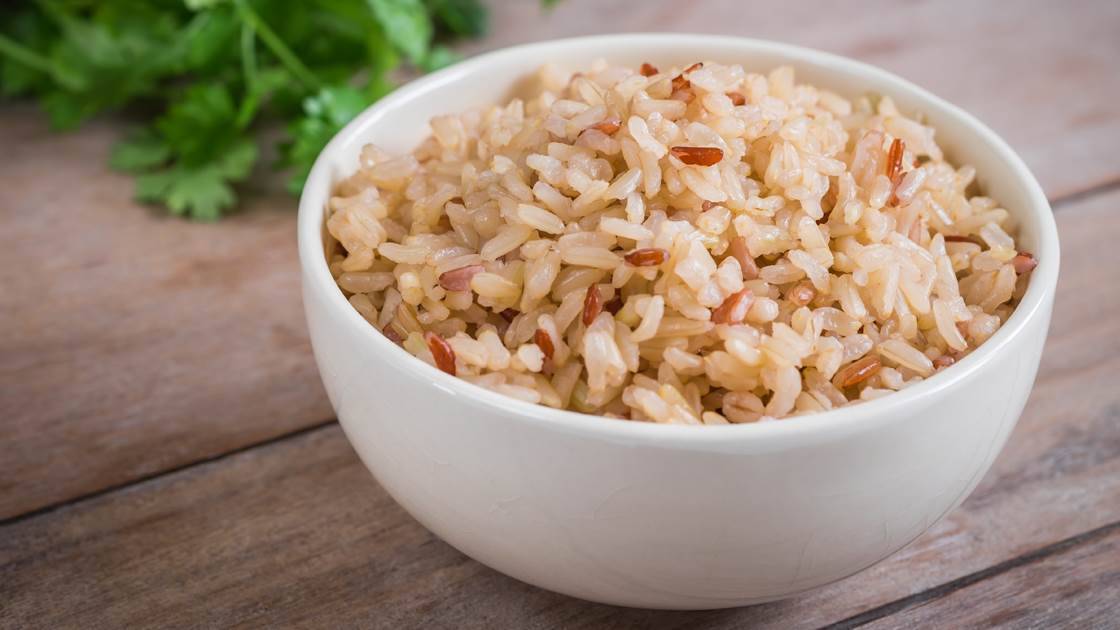
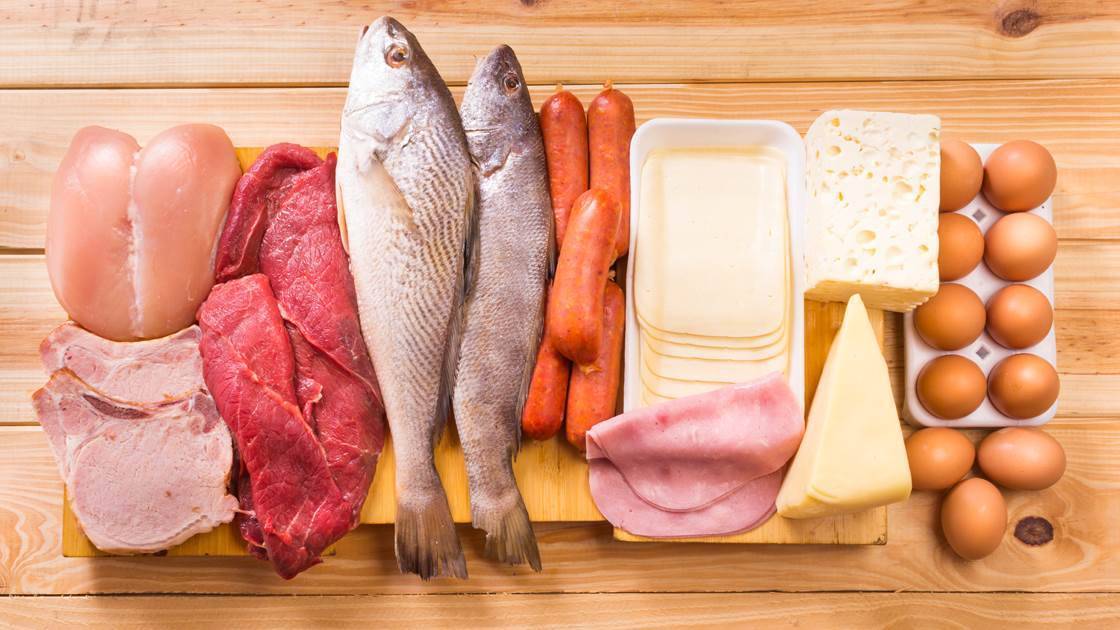
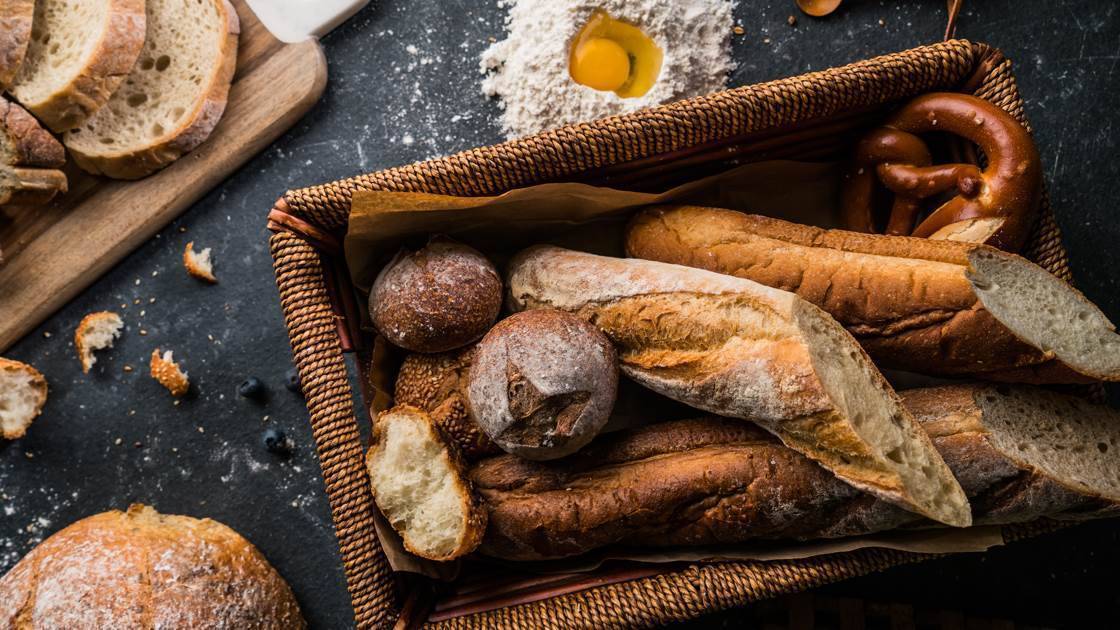


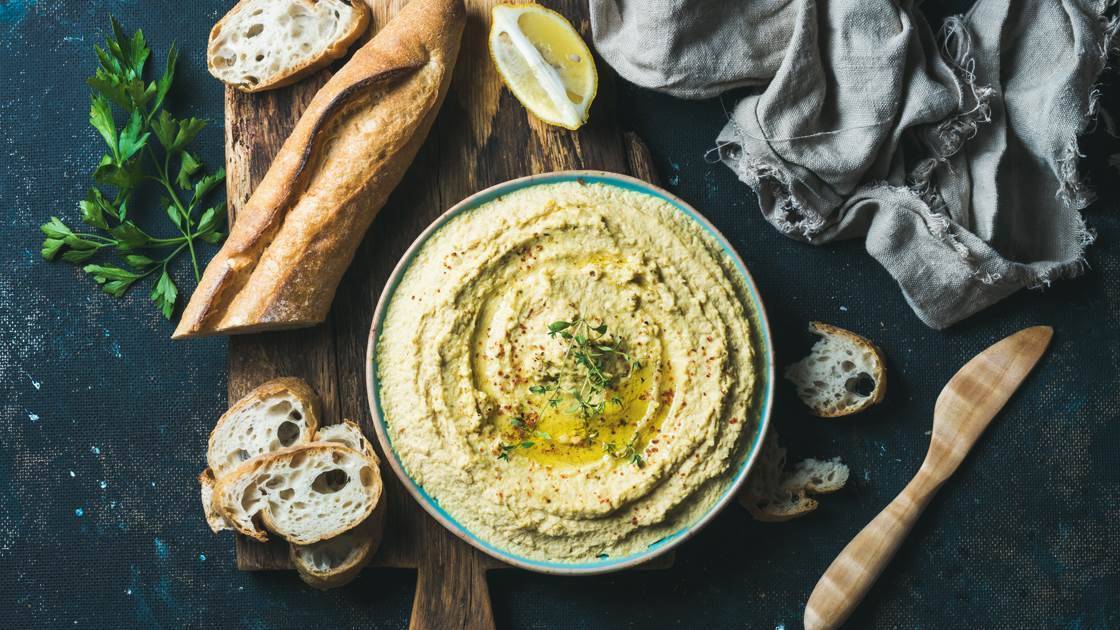
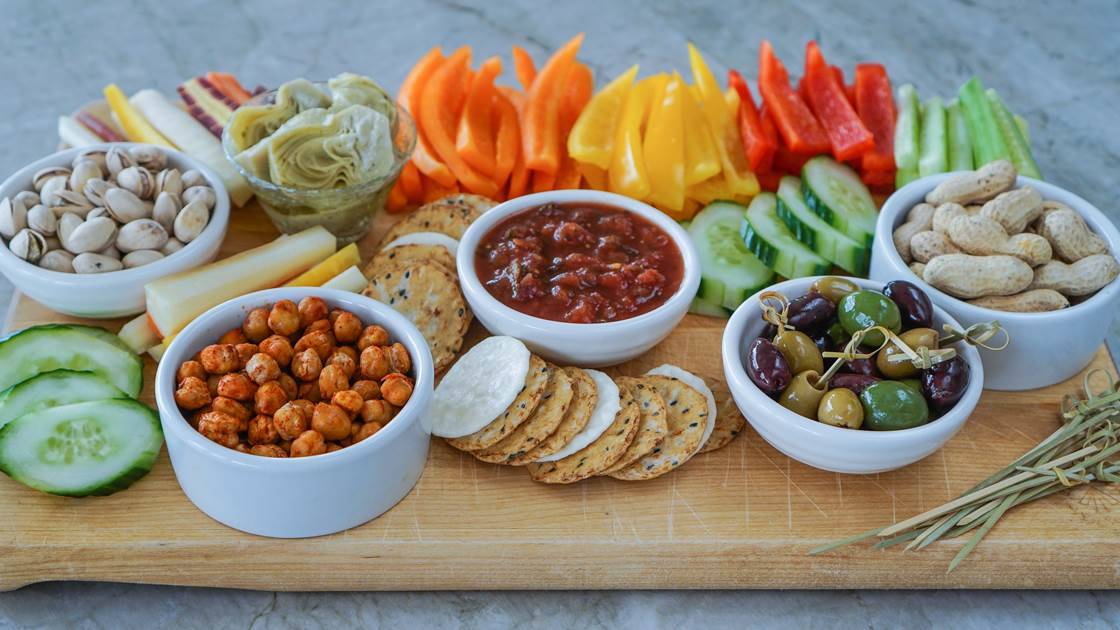
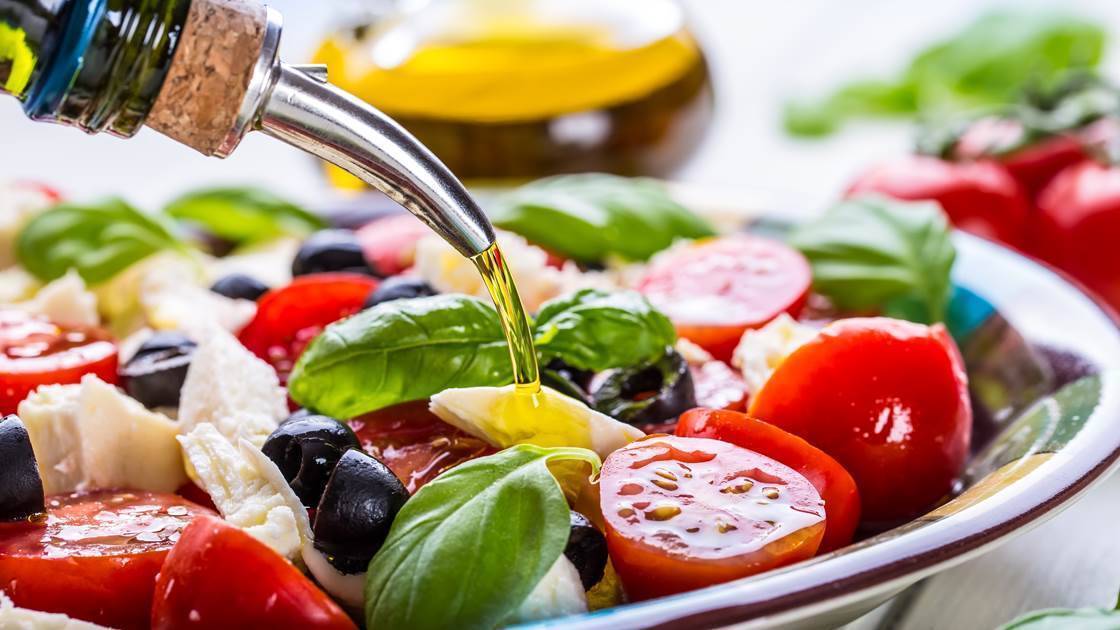

Go with the seasonal flow
Instead of trying to create a meal plan out of thin air, let the seasons be your guide. If the market is overflowing with fresh carrots or parsnips, for instance, there’s a good bet that they’re at their peak of deliciousness, so build your meals around these fresh ingredients.
Start with greens
In many parts of the Mediterranean region, a meal is not complete without a heaping mound of lettuce, spinach, kale, silverbeet, or rocket. Rethink your usual mealtime ratios by having a large green salad and a small portion of protein rather than the reverse, or use raw or cooked greens as a bed for fish, chicken, pasta or rice.
Make a meal out of your sides
Create a meal from several veggie-centric, tapas-style dishes (like roasted cauliflower or tomato-and-cheese kebabs). You’ll be surprised by how satisfying a selection of small plates can be.
Cook your whole grains on Sunday
Preparing a big batch of whole grains ahead of time makes it easy to add them to your recipes all week. Try stirring brown rice into soups or adding bulgur to your favourite meatball recipe. You can also fold cooked grains into muffin batter or even add texture (and an extra boost of nutrition) to pasta dishes by swapping half of the pasta for brown rice.
Treat meat as a flavour enhancer
Use smaller portions of protein in vegetable-based dishes. Try tossing a little shredded chicken or turkey into a grain-and-vegetable pilaf, or tuck some into stuffed capsicums or mushrooms along with whole grains, nuts, and herbs.
Find new uses for bread
When you eat Mediterranean, bread isn’t just for sandwiches. Toss crunchy toasted whole-grain bread into a salad as a nutritious alternative to white croutons. If you have leftover whole-grain bread that’s just starting to go stale, use it for thickening soups or stews.
Swap sweet yoghurt or cheese for savoury
A dollop of cool, tangy yoghurt is an ideal contrast for vegetables like warm, earthy beets. Meanwhile, protein-rich cottage cheese paired with tomato, cucumber, fresh herbs, and olives makes a satiating meal, especially when accompanied by whole-grain bread.
Bake with wholegrain flours
Whole wheat flour is a great option, but cornmeal, rye flour, and buckwheat flour are equally delicious. Try substituting half of the white flour for whole grain flour in your favourite biscuits or quick breads.
Check your condiments
Opt for a brand of mayonnaise made with extra-virgin olive oil. Or use other healthy fat sources - like avocado, hummus, or tapenade - for a creamy flavour kick.
Choose simple snacks
This means sticking with foods in their most natural, whole form - like fresh fruits and vegetables or nuts and seeds - rather than highly processed foods.
Give your food a flavourful finish
Drizzling your meal with a teaspoon of extra-virgin olive oil before serving adds extra flavour and richness to finished dishes. You can also top dishes with fresh lemon or orange juice for a pop of flavour.
End meals with fruit
Have what’s in season - berries in the spring and summer, pears or figs in autumn, mandarins or pomegranates in the winter.






